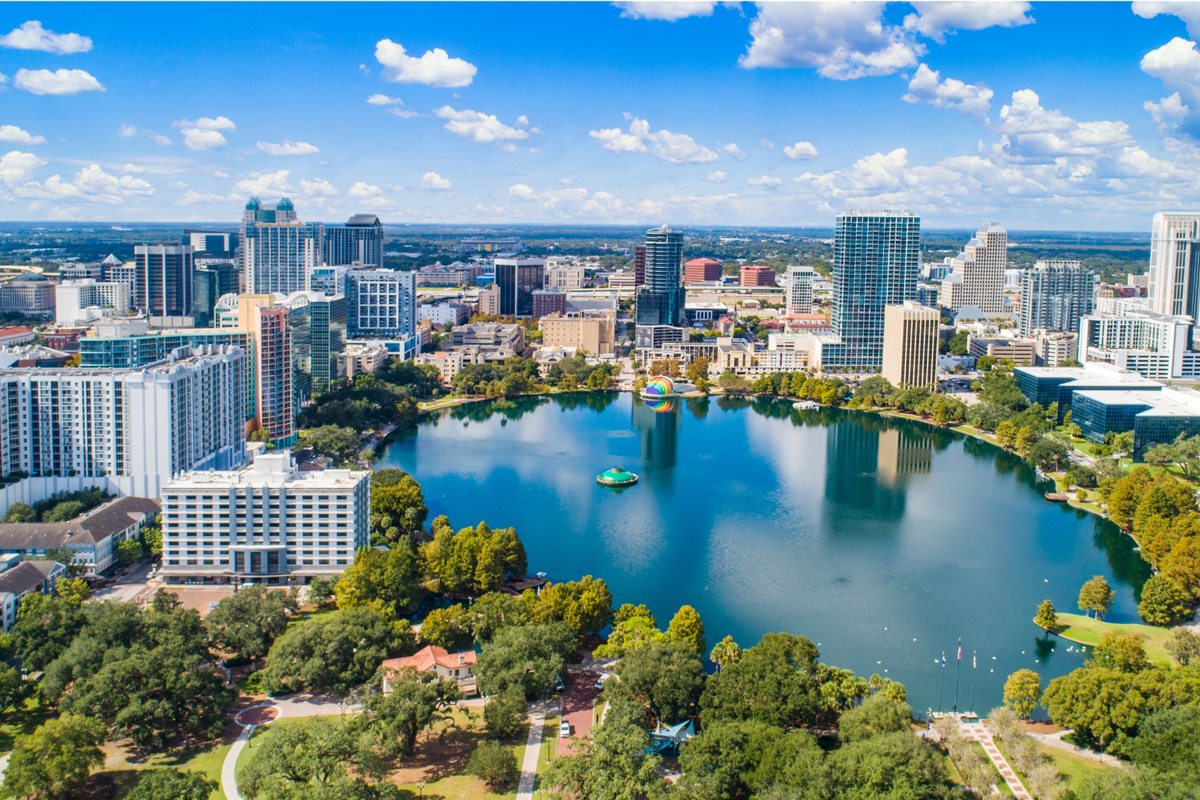
Not every city deserves its own landing page on your website, and building too many can backfire. But when done strategically, city pages are one of the most effective ways to capture local search traffic, rank in the Map Pack, and generate leads from your actual service areas.
The key is knowing which cities are worth the effort, and which ones will just waste crawl budget or create thin content.
If you’re a Florida service business trying to expand visibility across multiple towns, counties, or ZIP codes, this guide will show you how to prioritize your city pages for maximum SEO and ROI.
Why City Pages Matter in Local SEO
City-specific pages allow you to:
- Rank for “[service] + [city]” keywords
- Reinforce your proximity and relevance in local search
- Customize content and CTAs for different markets
- Support stronger Google Business Profile connections
But Google’s algorithm in 2025 is smarter, and more selective. If your city pages are generic, duplicated, or disconnected from real-world demand, they won’t rank.
Don’t Build Pages for Every City Just Because You Can
More is not better. A 50-page city directory with thin, duplicated copy will:
❌ Dilute your site’s topical relevance
❌ Waste crawl budget on low-value pages
❌ Risk penalties or index exclusion due to low-quality signals
Instead, focus on quality over quantity.
How to Choose Which Cities Deserve Dedicated Pages
✅ 1. Look at Where You Already Get Business
Start with cities where:
- You already serve customers
- You’re mentioned in reviews
- You’ve completed projects or jobs
These markets are easier to build relevant, trustworthy content around, and users in those areas are more likely to convert.
Florida Example:
If you’re a Pinellas County lawn care company getting regular calls from Largo and Seminole, those should get dedicated pages before you consider expanding into Orlando or Fort Myers.
✅ 2. Prioritize Cities With Local Search Volume
Use SEO tools (like Ahrefs, Semrush, or Google Keyword Planner) to find:
- “[service] + [city]” search volume
- Related terms (e.g., “roofers in Dunedin,” “pest control Largo FL”)
- Competitor activity in those areas
✅ Choose cities with:
- Consistent monthly search volume
- Nearby service relevance
- Gaps or weaknesses in your competitors’ content
Skip towns that generate fewer than 10–20 searches/month unless they’re high-converting referral areas.
✅ 3. Consider Your Proximity and Physical Presence
Google heavily weighs proximity to searcher in local rankings.
✅ Build dedicated pages for:
- Cities where you have an office or physical location
- Areas within a reasonable drive time of your primary location
- ZIP codes where your team actively works
⚠️ Avoid building pages for cities outside your actual service radius, this can confuse users and lead to bounces, hurting both UX and rankings.
✅ 4. Look for Geographic Gaps in Your Current Coverage
Audit your current website. Do you:
- Mention cities but have no dedicated pages for them?
- Have service pages with buried location mentions?
- Show up in search for one city, but not the neighboring one?
✅ Use Google Search Console to spot which queries already include city names, and build from there.
✅ 5. Base Page Creation on Business Value
Each city page should serve a clear purpose:
- Drive leads from a local audience
- Support a Google Business Profile
- Reinforce service relevance with unique messaging
- Showcase specific reviews, jobs, or team presence
✅ Use your internal sales data to prioritize the highest-value areas, not just the most populated ones.
Ideal Page Prioritization Framework
| Priority Tier | City Type | Page Strategy |
|---|---|---|
| Tier 1 | HQ or office location | Full SEO landing page with map, schema, reviews |
| Tier 2 | High-volume, high-conversion cities | Unique page with local proof, CTA, and targeted keywords |
| Tier 3 | Adjacent cities with low competition | Lighter pages or blog content with internal links |
| Tier 4 | Areas with no search volume or activity | Mention in service area copy, not a full page |
Florida Business Example: Multi-City Cleaning Company
We helped a Florida-based cleaning service reduce 30 underperforming city pages down to 12 high-performing ones.
We prioritized:
- Cities with consistent monthly volume
- Areas where they had reviews and recurring jobs
- Locations tied to GBP listings
Results:
- Organic leads increased by 47%
- Crawl errors dropped to zero
- City pages began ranking in Map Packs within 45 days
City pages are a powerful tool, but only when they’re built with purpose. By choosing your target locations strategically and focusing on quality, you can boost local rankings, support your Google Business visibility, and generate more leads from the right places.
Don’t chase every city. Choose the ones that matter.
Need Help Building GEO Pages That Actually Rank?
At SEO Consulting Experts, we help Florida businesses prioritize, design, and optimize city pages that drive real local traffic, not just impressions.
Let’s build a local SEO strategy that scales and targets the areas where your business can win.

